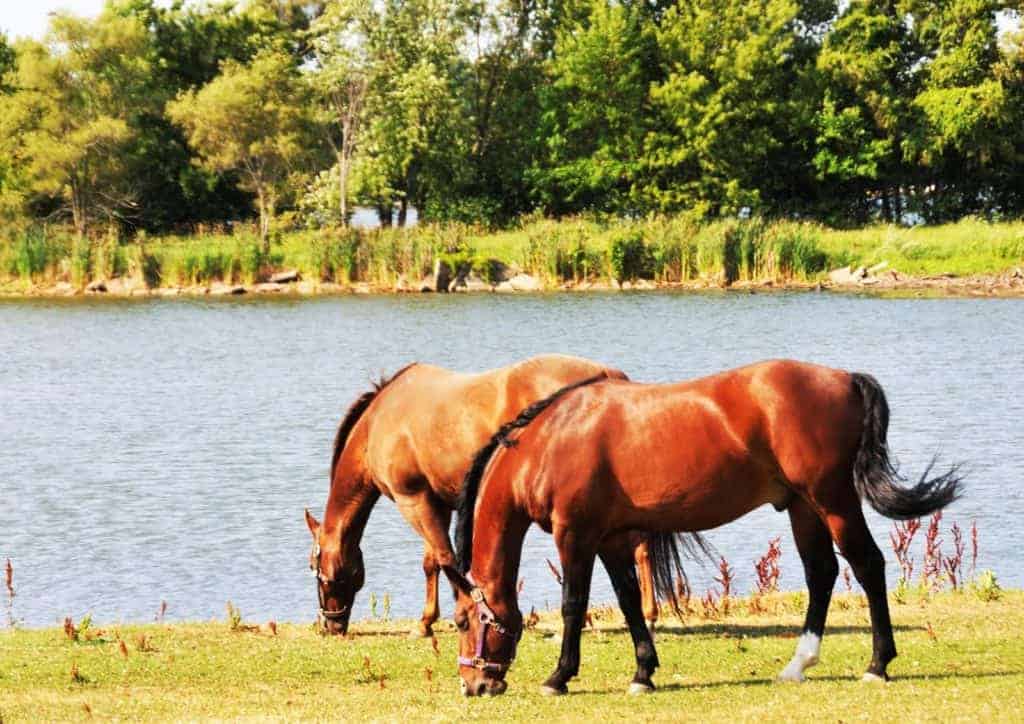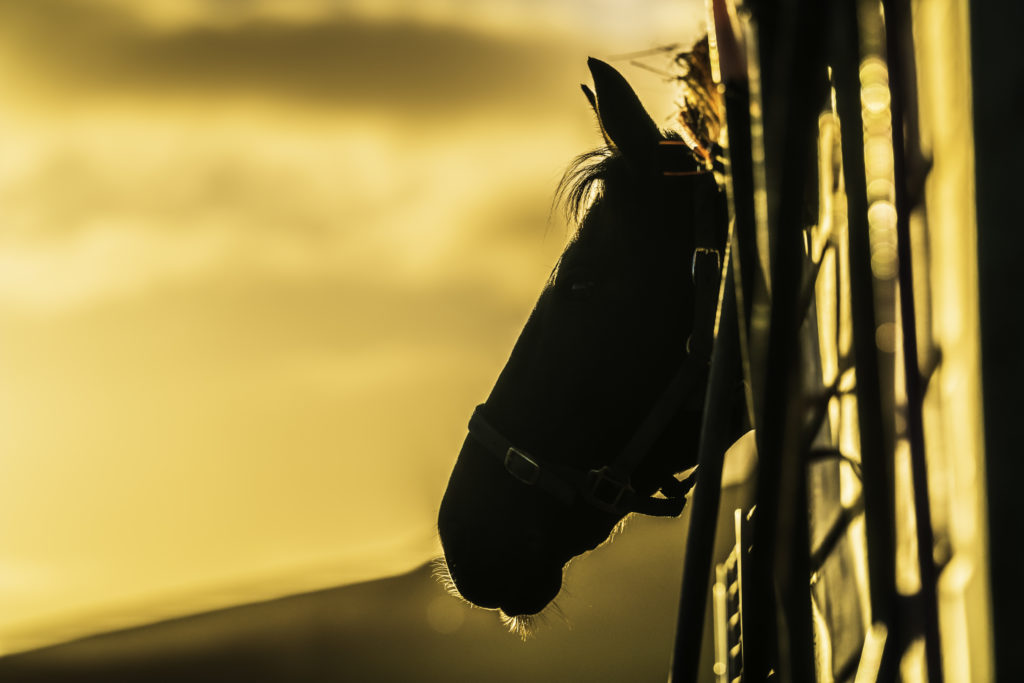
Vets Confirm Idaho’s First 2019 Equid WNV Case
The donkey filly did not survive the disease.

The donkey filly did not survive the disease.

The vaccinated 12-year-old Ocean County mare was euthanized July 23.

All seven horses were either unvaccinated or undervaccinated against the mosquito-borne disease.

PHF is a serious disease in horses and expensive to treat, say veterinarians. Find out your options.

Equine influenza is one of the most contagious and costly diseases. As such, preventing its spread in the first place is the easiest course of action.

Veterinarians euthanized the 3-year-old unvaccinated Mammoth Mule after it showed signs of ataxia and became recumbent.

They might be small, but these flying fiends can spread some deadly diseases.

An equine internal medicine specialist explains how horses contract EEE and how owners can reduce the likelihood of infection.

These pests can transmit a variety of dangerous pathogens, depending on certain factors in your region.

Work with your veterinarian to ward off this potentially deadly mosquito-borne disease.

South Carolina had one of the lowest incidences of EEE in the Southeastern U.S. in 2018, and animal health officials hope owners will keep horses’ vaccines current to maintain those low case numbers.

Butte County public health officials say they’re concerned about an increased number of mosquitoes capable of transmitting WNV due to late-season rainstorms and more breeding sites in the 2018 Camp Fire burn zone.

Many factors affect your horse’s ability to mount an effective immune response, one of which is his age. Learn more about the horse’s immune system and how it functions at every stage of his life.

As mosquito season approaches, animal health officials are encouraging horse owners to have their animals vaccinated against EEE and WNV.

Equine influenza virus activity has increased in the U.S. and Europe recently. Here’s what you can do to protect your horse.

Appropriate use of vaccination and implementing biosecurity measures are critical to protecting the horse industry from outbreaks of highly contagious viruses, including equine influenza.
Stay on top of the most recent Horse Health news with
"*" indicates required fields